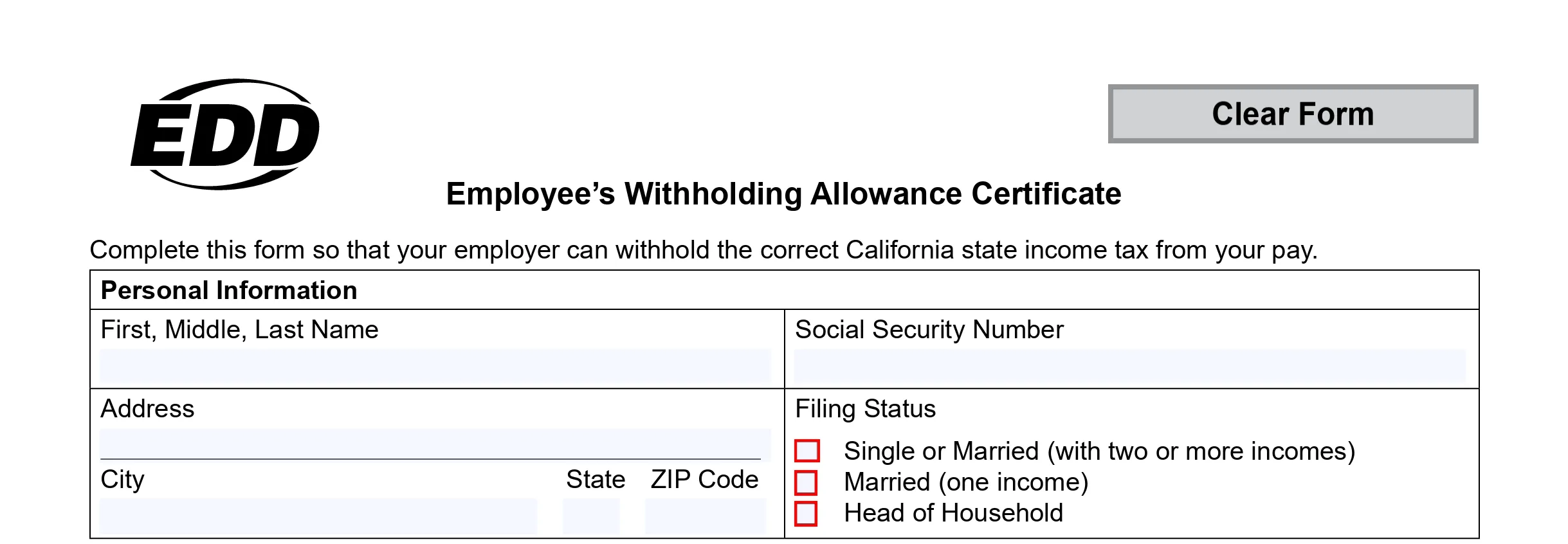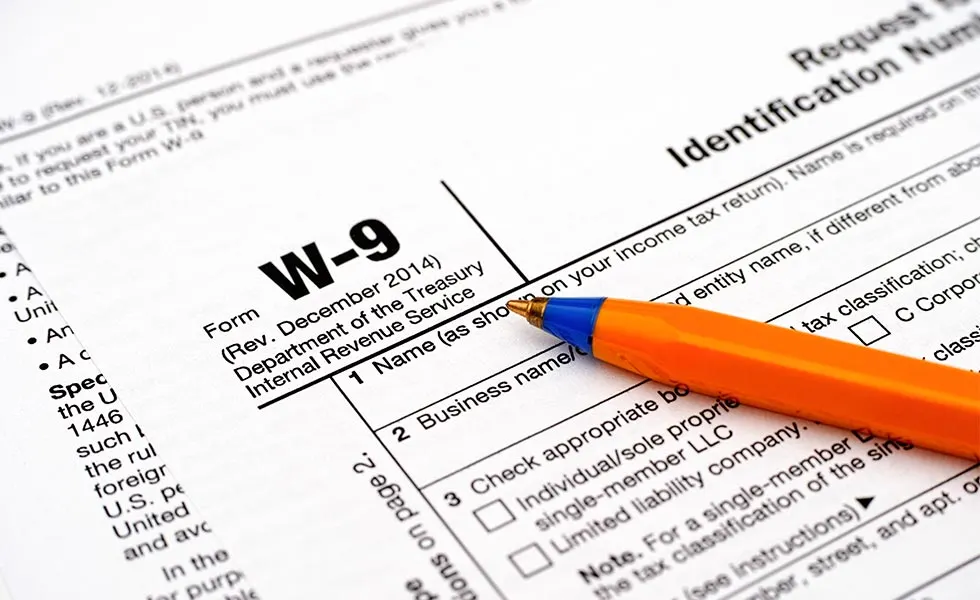Estimated Tax Payments

Because Income Taxes is a pay-as-you-go system, every year taxes must be paid to the IRS and State (if applicable) for any income received or estimated to be received within the current year.
Here is a small guide to help you know if you should make Estimated Payments.
Who Must Pay Estimated Tax:
- Individuals, including sole proprietors, as long as they expect to owe tax of $1,000 or more when their return is filed.
- Partners, and S corporation shareholders. (if they expect to owe tax of $1,000 or more when their return is filed)
- For Corporations the amount varies, estimated tax payments are a must if you expect to owe tax of $500 or more when their return is filed.
Who is not required to Pay Estimated Tax:
For those who received salaries and wages, you get taxes withheld on every paycheck that your employer has to pay on your behalf. Sometimes that withholding is not enough to cover all your tax, perhaps because you receive other sources of income, like but not limited to dividends, interest alimony, self-employment income, capital gains, prizes and awards. If this is the case, you can request your employer to withhold a higher amount from your paycheck, or you can just make Estimated Payments.
You don’t have to pay estimated tax for the current year if you meet all three of the following conditions.
- You had no tax liability for the prior year
- You were a U.S. citizen or resident for the whole year
- Your prior tax year covered a 12-month period
When to make your Estimated Tax Payments:
- January 1 to March 31 – April 15
- April 1 to May 31 – June 15
- June 1 to August 31 - September 15
- September 1 to December 31 – January 15 of the following year
Note: If these due dates fall on a Saturday, Sunday or legal holiday, the payments are due the next business day.
Tip: Using the Electronic Federal Tax Payment System (EFTPS) is the easiest way for individuals as well as businesses to pay federal taxes. Individuals can also pay online using the IRS Website. And they even have an option to pay by Credit Card!
How to know how much you should pay:
Your best tool should be your last year Tax Return, since it is a guide of the Adjusted Gross Income, deductions and credits. You also need to estimate the amount of income you expect to earn for the year.
Whether you estimated your earning to be too high or too low, use the worksheet in Form 1040-ES to calculate your estimated taxes. If necessary, use the form in each quarter to calculate it because you want to be as accurate as possible to avoid penalties.
Keep in mind that if you don't make your estimated payments at all or on time, you might be subject to penalties, even when you are due a refund at the time of filing your taxes.



